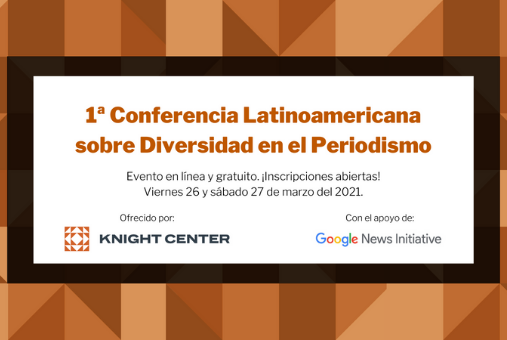
The Knight Center for Journalism in the Americas at the University of Texas at Austin will hold the First Latin American Conference on Diversity in Journalism on March 26 and 27.
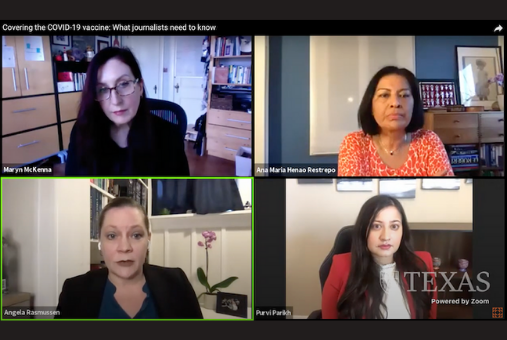
Video recordings of the Knight Center’s multilingual webinar, “Covering the COVID-19 Vaccines: What Journalists Need to Know,” are now available for free in Arabic, Chinese, English, French, Portuguese, Russian and Spanish.

“For the past year, journalists from around the world have found themselves covering the biggest story of their lifetime. A global immunization effort is now underway, and journalists are now challenged and given the opportunity to cover the multidimensional aspects of the vaccine."
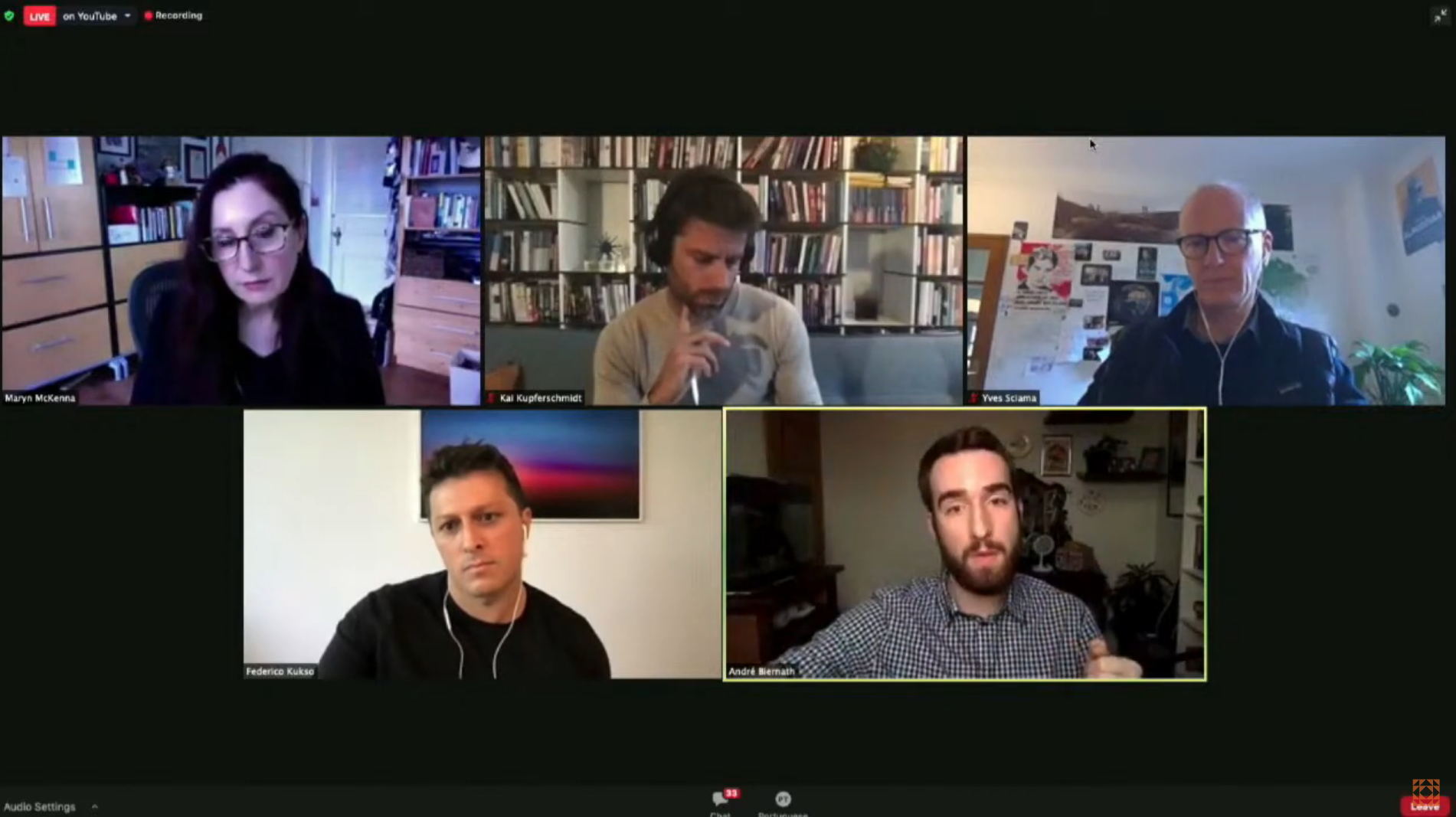
The webinar "COVID-19 vaccine coverage: What journalists need to know" brought together science journalists to discuss the challenges of vaccine coverage and immunization campaigns against COVID-19.
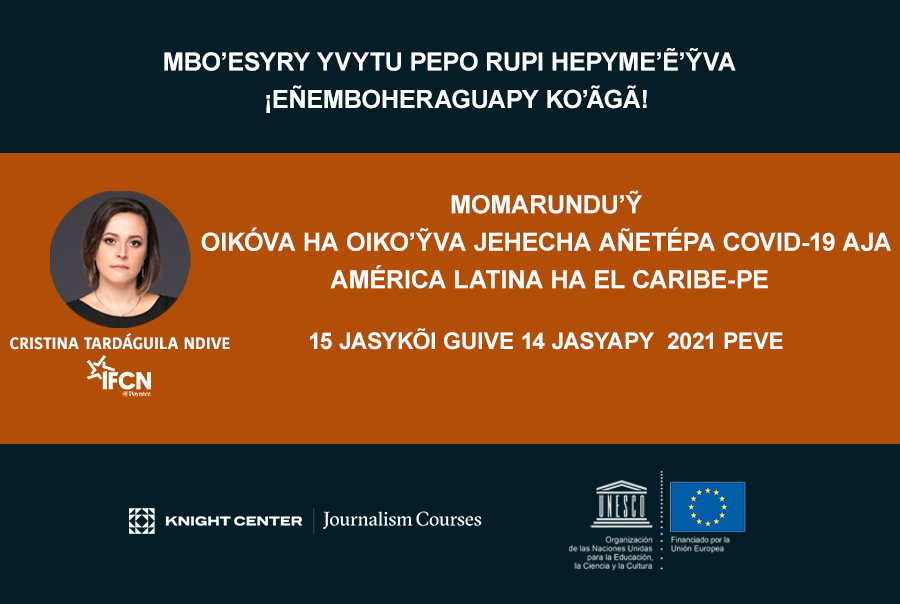
Sa suáma oḡuahẽ ko yvy ári mbegue mbeguépe hasýva COVID-19gui ha ohasáma mokõi sua omanóva ichugui, Centro Knight Texas Mbo’ehaovusu ha UNESCO ñeipytyvõme omoḡuahẽ tekombo’e yvytu pepo rehe ikatúvo ñarairõ mba’asy ruvicha aja mba’asy vaive ha’éva “momarandu’ỹ”.

As an extension of this training, our partners at UNESCO and the World Health Organization have helped us compile a robust list of resources for journalists covering COVID-19 and vaccines, available below.
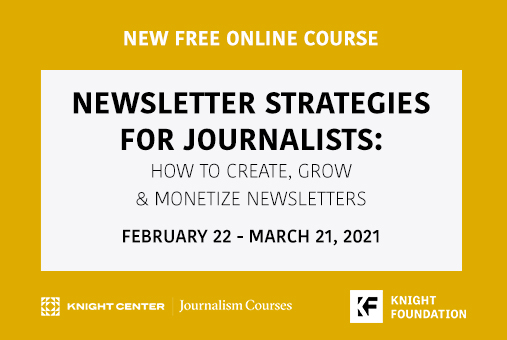
Register today for the new Knight Center MOOC “Newsletter Strategies for Journalists: How to Create, Grow and Monetize Newsletters.”

Brazilian journalist Cristina Tardáguila wants to build a global army of fact-checkers in Latin America and the Caribbean.

The Knight Center is holding a free webinar aimed at helping journalists deepen their understanding and coverage of the COVID-19 vaccines.

The MOOC “Disinformation & Fact-Checking in Times of COVID-19 in Latin America and the Caribbean” will be taught in Spanish, Portuguese and Guaraní from Feb. 15 to March 14, 2021.

A data journalism project investigating thousands of cases of women missing in Mexico won $10,000 in financing and hands-on data visualization training, in a very competitive contest organized in a partnership between Microsoft and the Knight Center for Journalism in the Americas at the University of Texas at Austin.
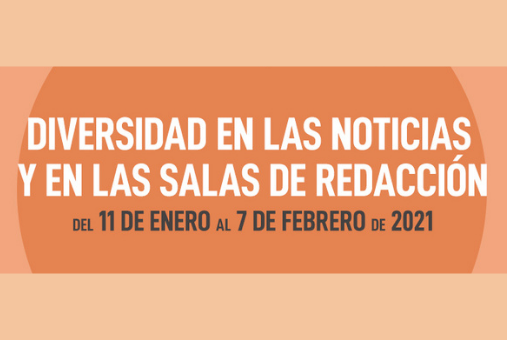
The Knight Center is offering a free online course in Spanish, “Diversity in the news and newsrooms,” which runs from Jan. 11 to Feb. 7, 2021. Register today!